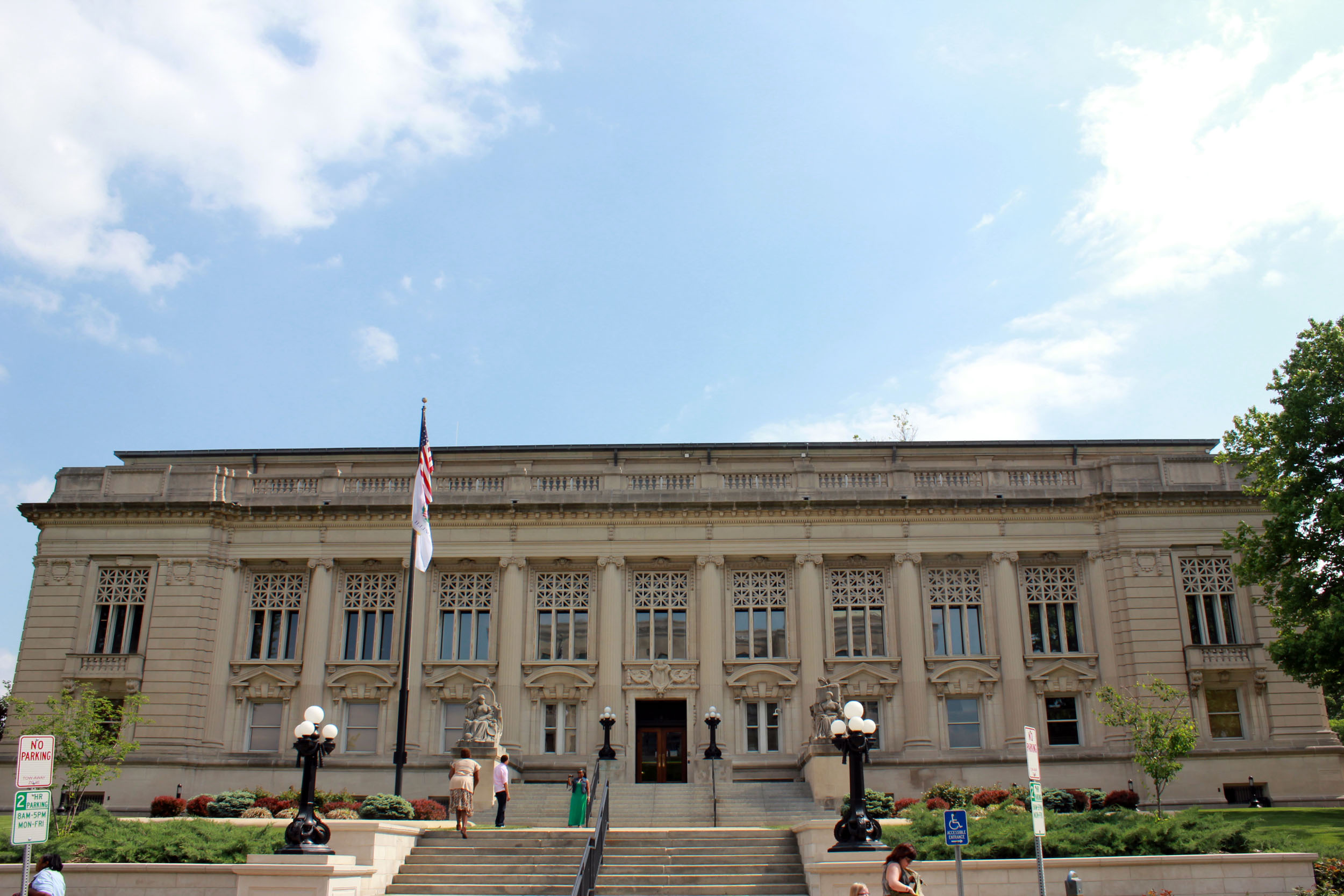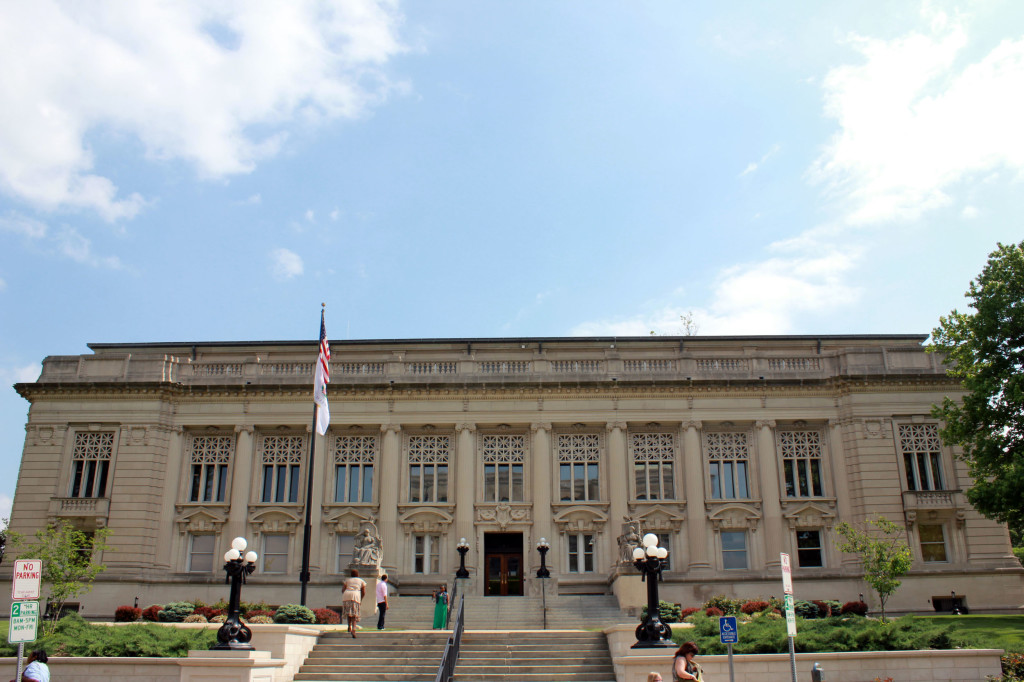In 2015, the Illinois Supreme Court will decide the legality of the state’s pension overhaul that reduced benefits of public workers.
But if legal challenges to similar laws in other states are any indication, the chances of Illinois’ pension reform being upheld are slim, according to a Reuters analysis.
From Reuters:
Court rulings in Arizona show that Illinois, which has the worst funded pensions of any U.S. state, may not have much chance.
The problem is that Illinois, Arizona and New York states all provided public workers, such as police, teachers and even judges, near iron-clad pension guarantees that were embedded in their state constitutions.
Two Arizona laws enacted in 2011 to increase employees’ pension contributions, restrict certain people from receiving pensions, and institute a new formula for calculating benefit increases, floundered in the face of legal challenges. One law, challenged by teachers, was overturned by a Maricopa County judge in 2012, while another, contested by retired judges, was tossed out by the Arizona Supreme Court in February this year. The courts tied their rulings to constitutional language that membership in public pension systems is a contractual relationship, and retirement benefits cannot be “diminished or impaired.”
Illinois and its Republican Governor-elect Bruce Rauner are likely to find themselves in similar bind to Arizona where the only answer appears to be a long-shot effort to amend the state constitution.
“There aren’t many options at this point,” said Jean-Pierre Aubry, assistant director of state and local research at the Center for Retirement Research at Boston College, referring to both states. “The (pension) payments need to be made or the constitution needs to be changed.”
Altering the constitution, however, isn’t a practical option. From Reuters:
Altering the Illinois Constitution’s 1970 pension provision would be a massive undertaking, requiring a three-fifths vote of lawmakers in the House and Senate to get it on the ballot. It would then need approval from three-fifths of voters or a majority of individuals actually voting in a general election — not an easy proposition as people often don’t vote on every item on the ballot and given Illinois is a largely Democratic state with activist public unions.
Illinois’ state-level pension systems were collectively 42.9 percent funded as of June 30, 2014.




